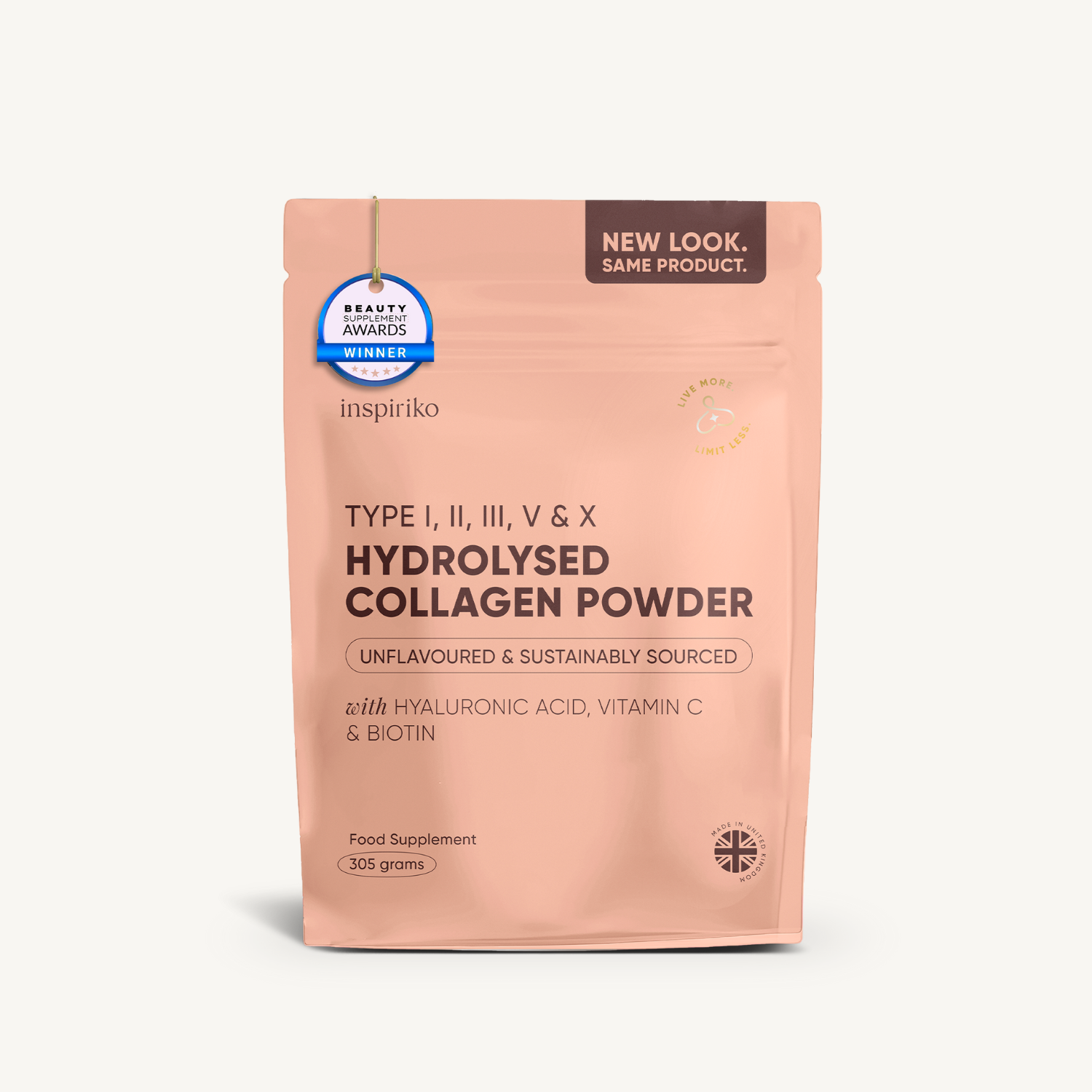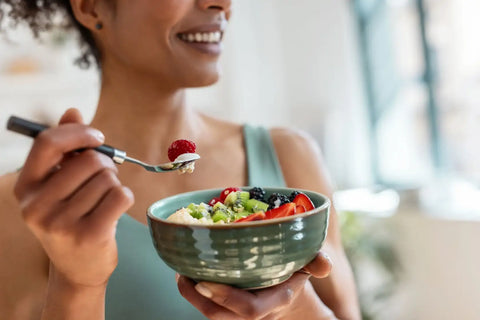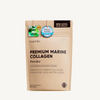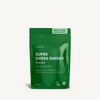A Compact Guide to Female-Focused Nutrition
Most of us are aware of the basic dietary principles that support a healthy lifestyle, but how do nutritional needs differ for women and men? As females, we are more prone to certain deficiencies and may need a higher or lower daily dose of specific nutrients compared with our male counterparts. Read on to discover how you can tailor your diet to better meet these needs and optimize your nutritional status.

Spot the Difference
Females are different to males in their body composition, hormone levels, immune function and even lifespan – not to mention their ability to carry a child! Not only do these differences effect nutritional requirements but they also impact on overall health and risk of developing certain diseases.
Men and women are 98.5% identical in their DNA, so their nutritional needs are more similar than they are different. But when it comes to optimal nutrition, there are some differences according to gender. These can be subtle but nevertheless impactful on our health and wellbeing.
Let’s take a closer look at the main dietary components that women should be more aware of.
Energy
Male or female, we all need a minimum amount of energy just to perform basic bodily functions like breathing, creating new cells and pumping blood around the body – this is called our basal metabolic rate (BMR) and is given in calories.
When calculating BMR you need to specify gender. That’s because the female body is drastically different to the male, and body composition is a key determinant for energy requirements. Here’s why…
- Muscle mass requires more calories to maintain than fat mass – Proportionally, men have more muscle and less fat than women, which means that their BMR is higher
- The heavier you are, the more calories you need just to keep going – On average men are taller and weigh around 15% more than women, which increases their BMR further
This explains why women need far fewer calories than men. Remember – protein, carbs and fat are all major providers of energy, so females also need these in lesser amounts too.
Take home message: Women need fewer calories than men – exceeding this amount regularly will result in weight gain over time.
Calcium
Calcium is an important mineral best known for its function in building and maintaining healthy bones. It also plays a role in muscle contraction, blood clotting and is needed for every heart beat – we don’t want to run low on calcium!
As females, our calcium needs change throughout the life cycle . Our bodies enter different physiological stages as we age and our calcium turnover and requirements are affected with each change - something we need to adapt our diet to.
It may seem like a lot to take in, but in short we just need to take in a lot of calcium! Taking a daily calcium and vitamin D supplement (Vit D helps to absorb calcium) will act as a safety net for your diet, whatever the life cycle.
Take home message: Calcium needs vary throughout the life cycle. Calcium can be stored in the body but when your diet isn’t providing enough, these stores can be depleted and lead to poor bone health.
Iron
Another important mineral that women often fall short on is iron. In fact, the World Health Organisation estimates that nearly all women are to some degree iron deficient.
Women need more iron than men because a lot of iron is lost during menstruation – around 1mg per day. We also need more during pregnancy to help the foetus grow and develop. Even after child-bearing age, the ageing of the digestive tract affects how iron is absorbed, so older women have an increased need too.
Signs that you’re running low on iron include tiredness, pale skin, feeling short of breath and heart palpitations. If you experience these symptoms you may well have developed an iron deficiency called anaemia. Boosting your diet with iron rich foods or taking a supplement can usually resolve this problem.
Take home message: Iron deficiency is extremely common for women. A diet rich in beans, nuts, green leafy veg and fortified foods will boost iron levels. If you don’t routinely eat these foods then you should consider taking a daily iron or multivitamin and mineral supplement.
Fibre
The National Health and Nutrition Examination Survey (NHANES to you and me!) found that dietary fibre intake is well below current recommendations for all age groups and genders . Further research has found that women in particular aren’t eating enough fibre averaging at only 17g dietary fibre per day compared with the recommended intake of 30g per day – almost half of what we should be getting!
High fibre intake can reduce the risk of heart disease and type 2 diabetes. It’s also helps to maintain good gut health and regular bowel movements. This is important for women as bowel cancer is the 3rd most common cancer in females in the UK, affecting 1 in 19 of us.
Take home message: Both men and women aren’t getting enough fibre from their diet – with lower intakes in women that means double trouble. A healthy diet rich in fruit, veg and wholegrains can increase your fibre intake with every meal.
Foods to Avoid
As well as optimising your diet with nutritious foods, you should be careful to avoid some foods and ingredients which are harmful female health. Here are just a few…
- Swordfish – High in mercury, a heavy metal neurotoxin which is dangerous for adults and extremely dangerous for expectant mothers and their children.
- Non-organic Fruit and Veg – Sprayed with herbicides, pesticides and frequently genetically modified, non-organic produce plays havoc with hormonal balance.
- Soy – Recent research suggests that soy products should be limited for women, as they contain phytoestrogens which interfere with natural oestrogen production.
- Artificial sweeteners – Sweeteners such as sucralose and aspartame are hundreds of times sweeter than natural sugar. Consuming them frequently desensitizes our sugar receptors and has been shown to create cravings for sugar, leading to weight gain.
Fuel your Female!
Being female-focused when it comes to your nutritional needs will help you to avoid common deficiencies as well as look and feel great.
If your diet is rich in fruit, veg, wholegrains and healthy fats – you’re on the right track. But if you’re not confident that your nutrient levels are always where they need to be, use a daily supplement to provide a dietary safety net and peace of mind.
And remember, there are loads of other health boosting nutrients (link to vegan nutrition guide blog) as well as these female-focused ones.







